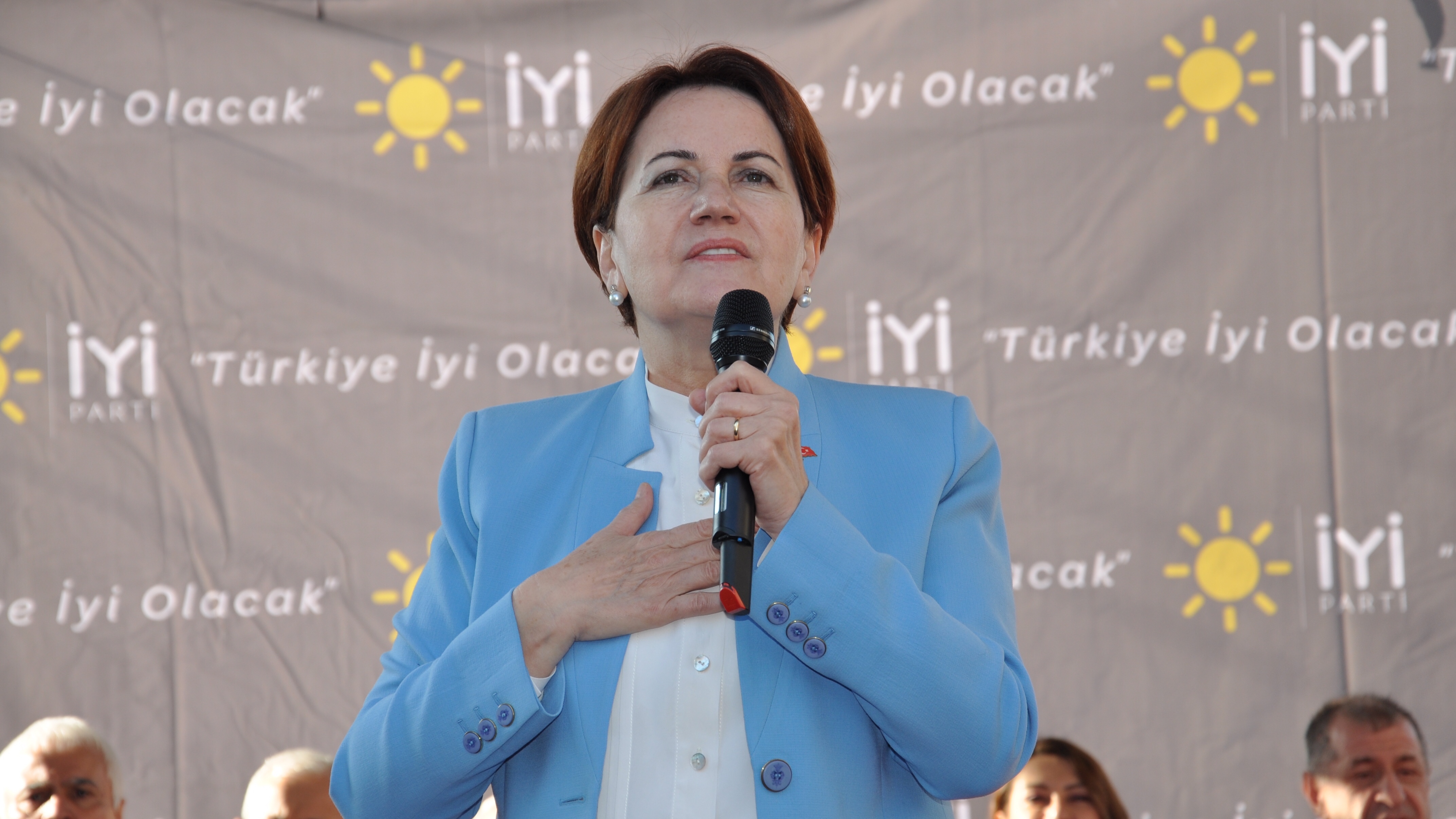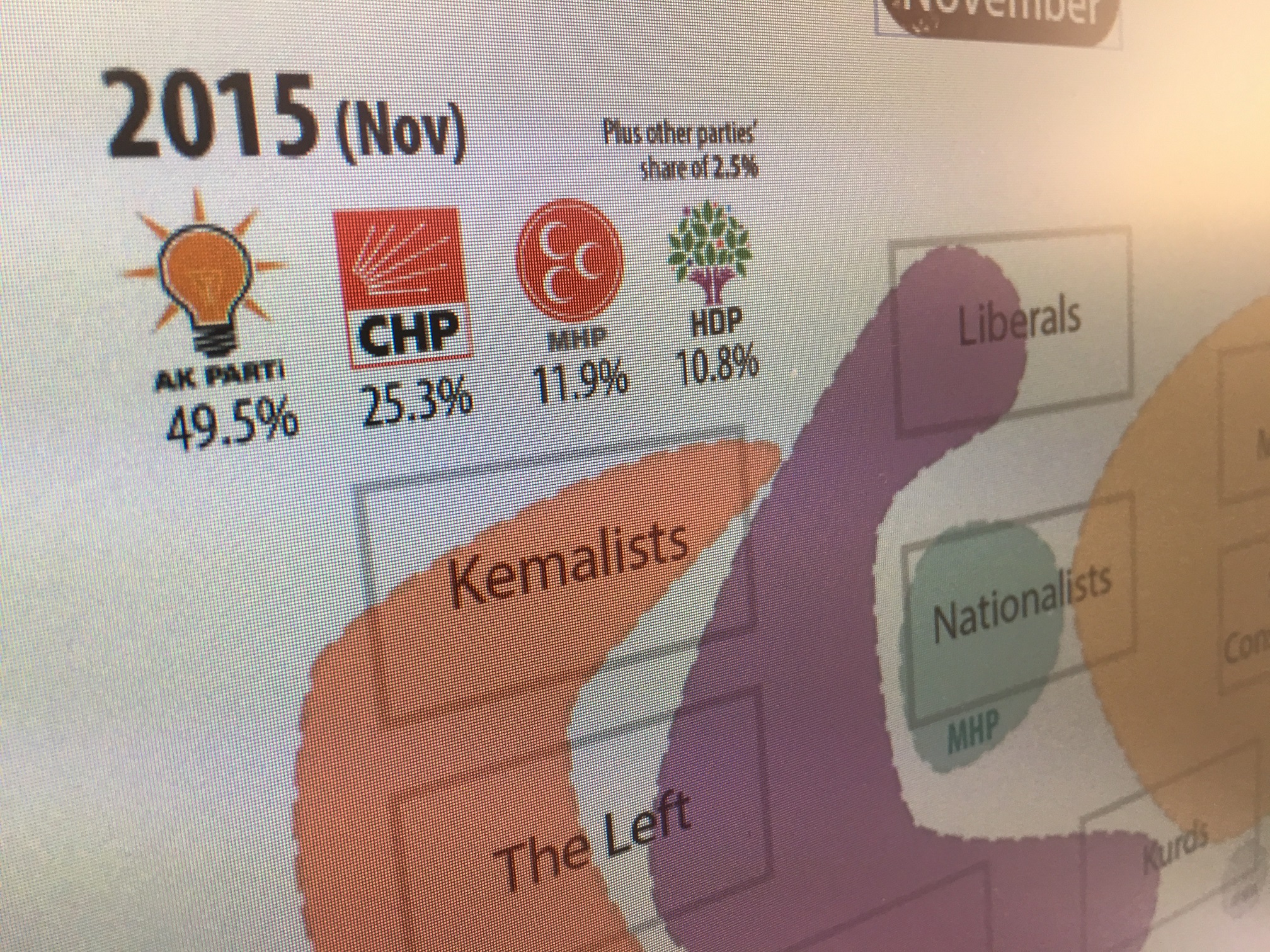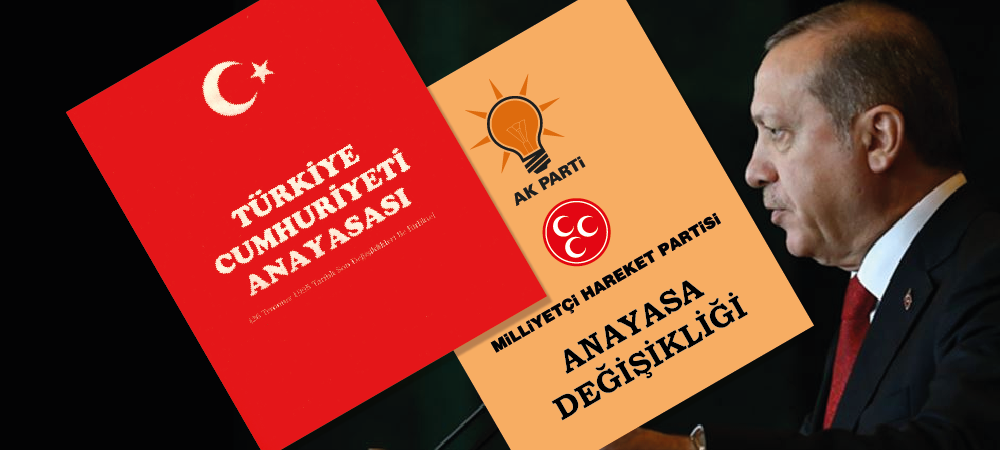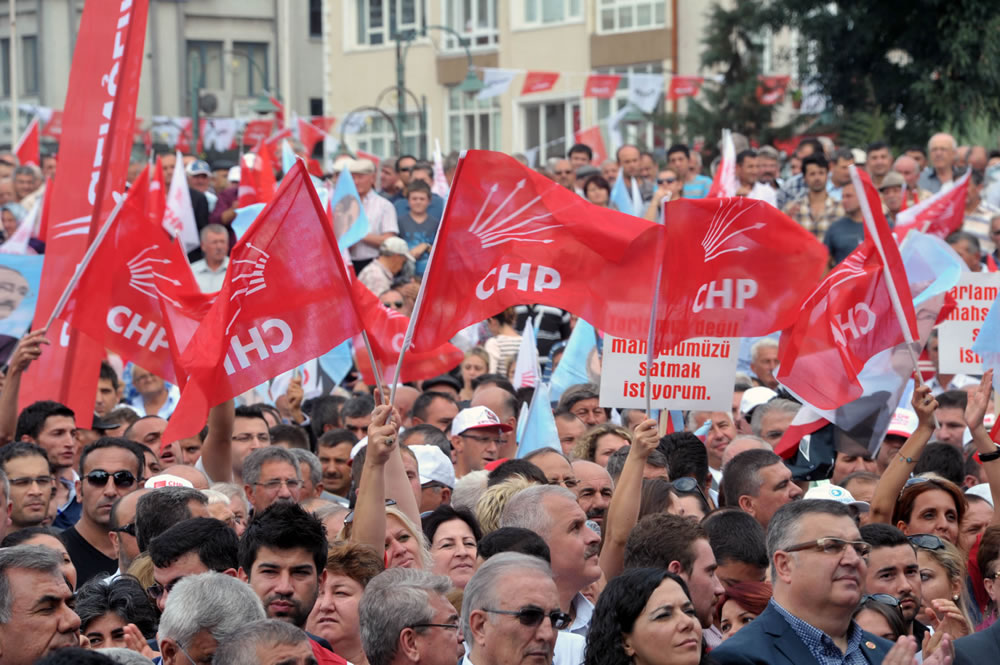Will they be allowed inside?
That is the question asked of the İyi Parti, or Good Party, after Turkey suddenly called a snap election for 24 June.
Six months after a group of MHP rebels finally formalised their movement, many have been asking whether it may fall foul of complicated rules that suggesting it must have held its first congress at least six months before an election.
Even Sadi Güven, head of the electoral commission, admitted he did not know. The Good Party says the authorities have told it it will take part.
Akşener for president
But given there are two different elections taking place on 24 June, the question of Good Party participation is also twofold.
The first is whether Ms Akşener can run for president. Her party cannot actually nominate her to run: it needs to have at least 20 MPs in parliament, which it does not, or have received more than 5% of the vote in the last election, when it did not exist.
The only route open to her is to collect 100,000 signatures from Turkish citizens. This election is happening so suddenly the rules on how to do this haven’t even been decided yet – parliament will meet to discuss a bill on that next week – but the process seems fairly clear.
Anyone wanting to run must file paperwork with the electoral commission, the YSK, and a deposit likely to be in the region of 100,000 TL [UPDATE: now confirmed as ₺139,160 or US$34,400). If the candidate is deemed eligible, voters can then troop down to their local YSK office to nominate them.
There’s a “one voter, one nomination” rule – so Ms Akşener’s supporters can’t also endorse, say, the columnist Levent Gültekin’s candidacy – but voters won’t be asked to pay a fee themselves.
A Good parliament bloc?
So the answer to the first question is yes. The Good Party leader’s route to getting on the ballot paper is fairly clear and she shouldn’t struggle to collect the 100,000 nominations.
But the rules mean Ms Akşener cannot run simultaneously for president and parliament, which leads us to the second question: how can the Good Party get any MPs into the Meclis at all?
Provided the party receives the all-clear from the YSK to field candidates, the age-old obstacle of an election threshold still applies.
Parties need at least 10 percent of the national vote before any MPs can be elected from their lists and there is no guarantee the Good Party can reach this
But this election has an innovation: electoral alliances.
Essentially a sop to the nationalist MHP, which would otherwise certainly fall shy of the threshold, it allows parties to pool their votes and elect MPs – provided, of course, that the alliance attracts more than 10 percent of the vote.
Ms Akşener says she wants to strike a deal of her own with other smaller parties, including the religious Saadet and the Democrat Party, a much smaller centre-right outfit.
No deals have yet been announced besides the MHP’s tie-up with the governing AK Party.









